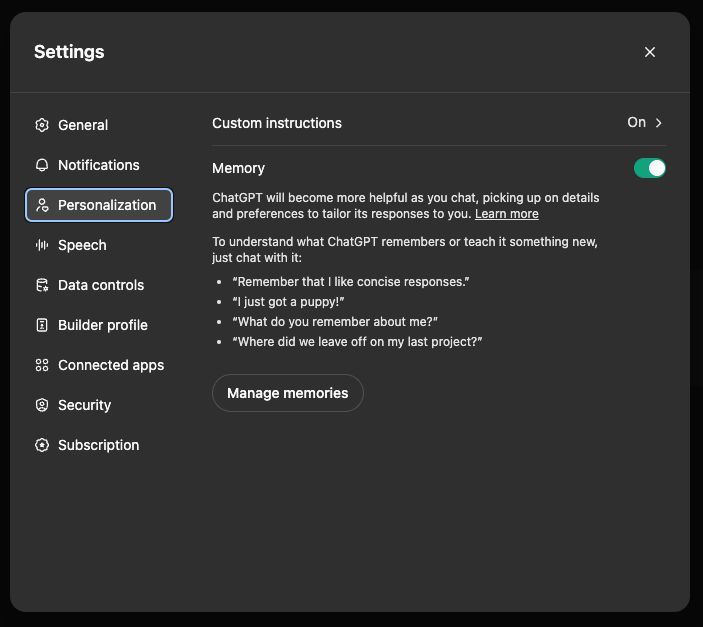
Making AI Feel Safe: Why Adoption Starts With Trust

The first time I used AI at work, it felt like unlocking a secret shortcut.
Not because it was hidden or off-limits—but because no one around me was really using it yet. I typed in a rough draft of an idea, and within seconds, I had something polished, clear, and usable. It was exciting. But right after the excitement came hesitation.
Is this okay?
Is this private?
What happens if I get something wrong or leak sensitive data?
And that’s the thing about AI adoption. The barrier isn’t just access—it’s psychological safety. Employees don’t just need tools; they need permission. They need clarity. They need to know that using AI won’t get them in trouble—or worse, leave them exposed.
It’s not enough to say “We support AI.” People need to understand how, when, and why it’s safe to use.
That means; Knowing what kinds of data can and can’t be shared, Understanding how outputs should be reviewed before use, Having clear norms around ownership, bias, and accountability, And most importantly, feeling confident that they won’t be penalized for trying
When teams have that kind of clarity, AI stops feeling like something you might get in hot water for—and starts feeling like a tool you can actually rely on and trust.
But here’s where it gets tricky: a lot of AI tools don’t offer that kind of structure. They drop into a workplace like a Swiss army knife with no instructions. People are left to experiment in private, or avoid it altogether.
That’s something we’ve been thinking about a lot at Olakai—how to make AI feel like a natural part of work, not a risk people have to tiptoe around.
It’s not about pushing AI for the sake of AI. It’s about building systems that respect and understand how teams actually work—by giving employees a clear, safe path to get involved. No guesswork. No grey areas. Just thoughtful infrastructure that helps people feel confident and covered on all bases, whether that be personal or work related.
Because at the end of the day, AI doesn’t drive change—people do. And people don’t adopt what they don’t trust.


